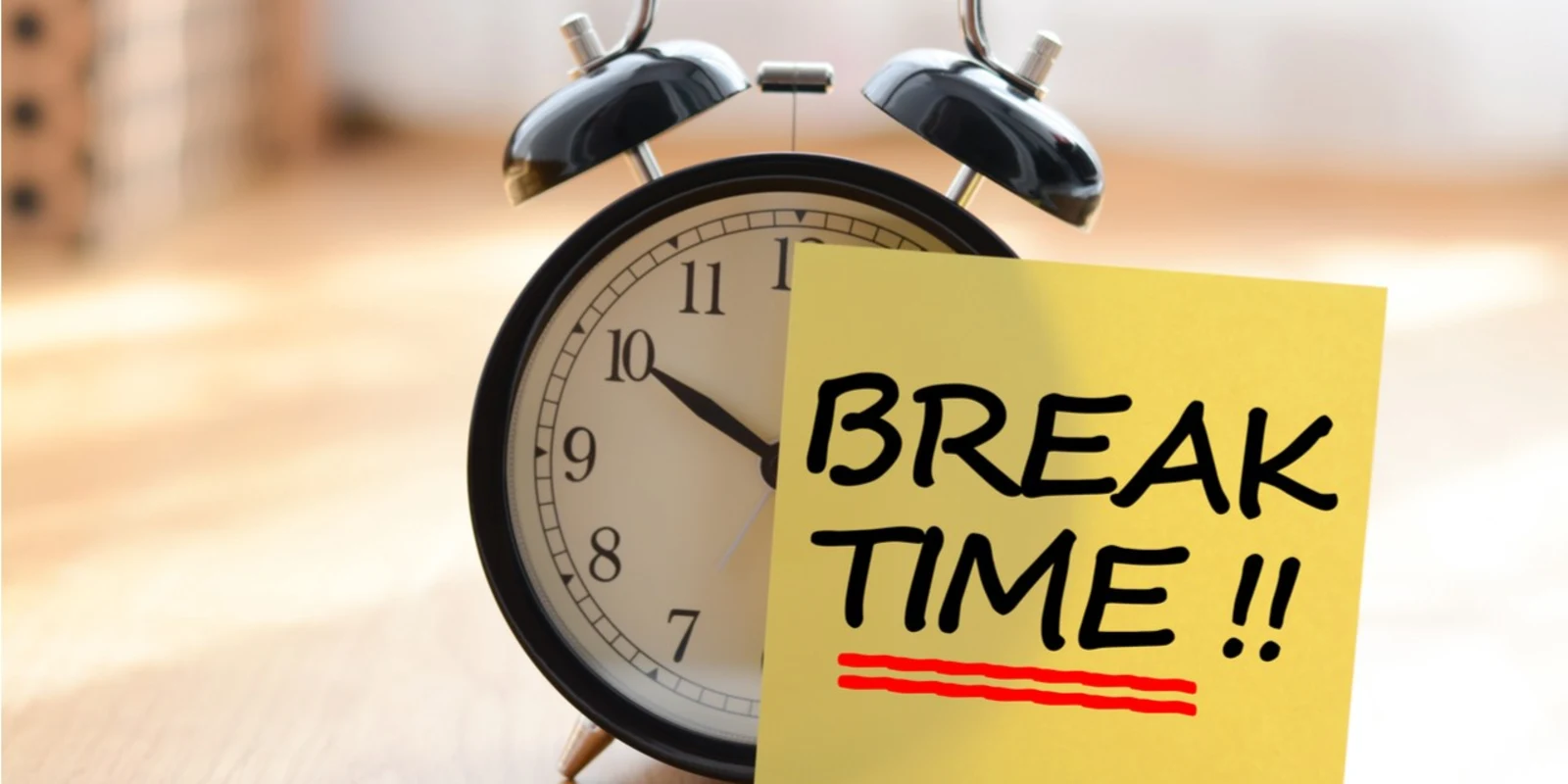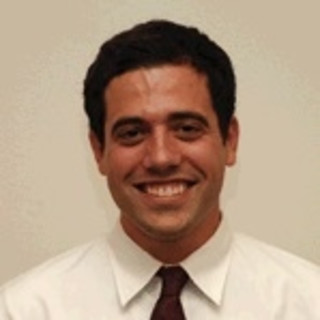
With recent medical press attention to the iCOMPARE study’s recent paper in the New England Journal of Medicine, the focus has been on the high levels of reported burnout (72–79%) and the discordance in preferences of schedule flexibility between interns and program directors. In an effort to contextualize this randomized controlled trial within the broader context of medical education research, here are some articles to consider.
“Urine output on an intensive care unit: case-control study”
In a somewhat tongue-in-cheek manner, yet actually data-driven, investigators within the PARCHED (Prospective Analysis of Renal Compensation for Hypohydration in Exhausted Doctors) group from St. George’s Hospital in London published a paper in the BMJ in 2010 about the risk of developing an AKI as a resident in the ICU compared to their patients as controls. By measuring urine output, the investigators showed that residents were twice as likely as their patients to have oliguria. While this could be a supply problem in that a water fountain was not readily available, it also could suggest a prioritization of patients’ health above one’s own health while working during residency.
“Pediatric Resident Burnout and Attitudes Toward Patients”
Investigators from New England pediatric programs published a 2017 study in Pediatrics about the relationship between burnout and patient care. Similar to many studies on burnout, the Maslach Burnout Inventory was used to measure burnout. Of the 258 residents from 11 pediatric programs who completed the survey, 39% had burnout and 41% felt sleep-deprived, with a significant association between the two (p < 0.001). Of note, rotation schedule, program size, program location, and relationship or parental status were not significantly associated with burnout.
When comparing self-reported patient care attitudes between residents who did and did not endorse burnout, there were surprising differences. Residents who were burned out felt more guilt about treatment of patients, paid less attention to the social impacts of illness on patients, made more preventable treatment or medication errors, discussed treatment options or responded to patient questions less fully, and discharged patients more often to make their patient lists more manageable. While this study focused on predominantly white, female pediatric residents, the results might imply that residents who do not sleep as much, and who become burned out with possibly less self-care, also do not perform as empathic and comprehensive patient care.
“Evolution of Sleep Quantity, Sleep Deprivation, Mood Disturbances, Empathy, and Burnout among Interns”
Interns in internal medicine at University of Pennsylvania were surveyed at the beginning and end of the year in this 2006 Academic Medicine study. This pre/post study collected data on amount of sleep, Epworth Sleepiness Scale, Beck Depression Inventory-Short Form, Interpersonal Reactivity Index, and Maslach Burnout Inventory-Human Services Survey to evaluate changes over intern year and associations between factors. Chronic sleep deprivation (9% to 43%), subjective sleepiness (11% to 36%), high level burnout (4% to 55%), and moderate depression (4% to 30%) all significantly increased over intern year. The authors note that new chronic sleep deprivation in intern year increased the risk of depression seven times (p = 0.014). It appears that sleep deprivation, burnout, and depression may all be related.
ACGME changes in the past 15 years, first to duty hour restrictions and now to “The Learning and Working Environment”, still place us far from norms for European colleagues (13-hour shift limits and maximums of 48–56 hours per week). American cultural expectations surrounding work and being a doctor seem to promote sleep deprivation, at least during residency.
Wellness goes beyond yoga, smoothies, and pet therapy. Burnout and subsequent depression might be prevented by reducing shame and stigma for sleeping on night float. Having time to drink water, urinate, and obtain restful sleep seem like reasonable requests.

Austin Wesevich, MD, MPH, is an internal medicine/pediatrics resident and 2018 Doximity Scholar. Follow him @drwesevich.







